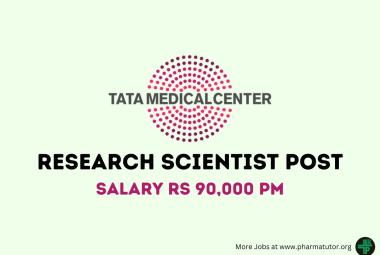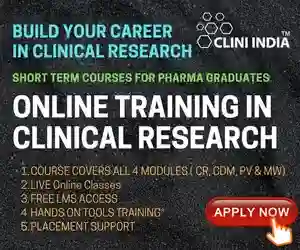Cells in nearly any part of the body can become cancerous and transform into tumors. Some, like skin cancer, are relatively accessible to treatment via surgery or radiation, which minimizes damage to healthy cells; others, like pancreatic cancer, are deep in the body and can only be reached by flooding the bloodstream with cell-killing chemotherapies that, ideally, shrink tumors by accumulating in their ill-formed blood and lymph vessels in higher amounts than in vessels of healthy tissues. To improve the low efficacy and toxic side effects of chemotherapies that rely on this passive accumulation, a team of researchers at the Wyss Institute at Harvard University, Boston Children's Hospital, and Harvard Medical School has developed a new drug delivery platform that uses safe, low-energy ultrasound waves to trigger the dispersal of chemotherapy-containing sustained-release nanoparticles precisely at tumor sites, resulting in a two-fold increase in targeting efficacy and a dramatic reduction in both tumor size and drug-related toxicity in mouse models of breast cancer.











.png)


